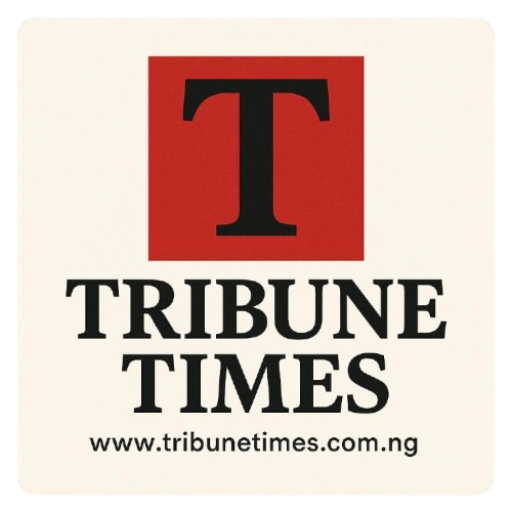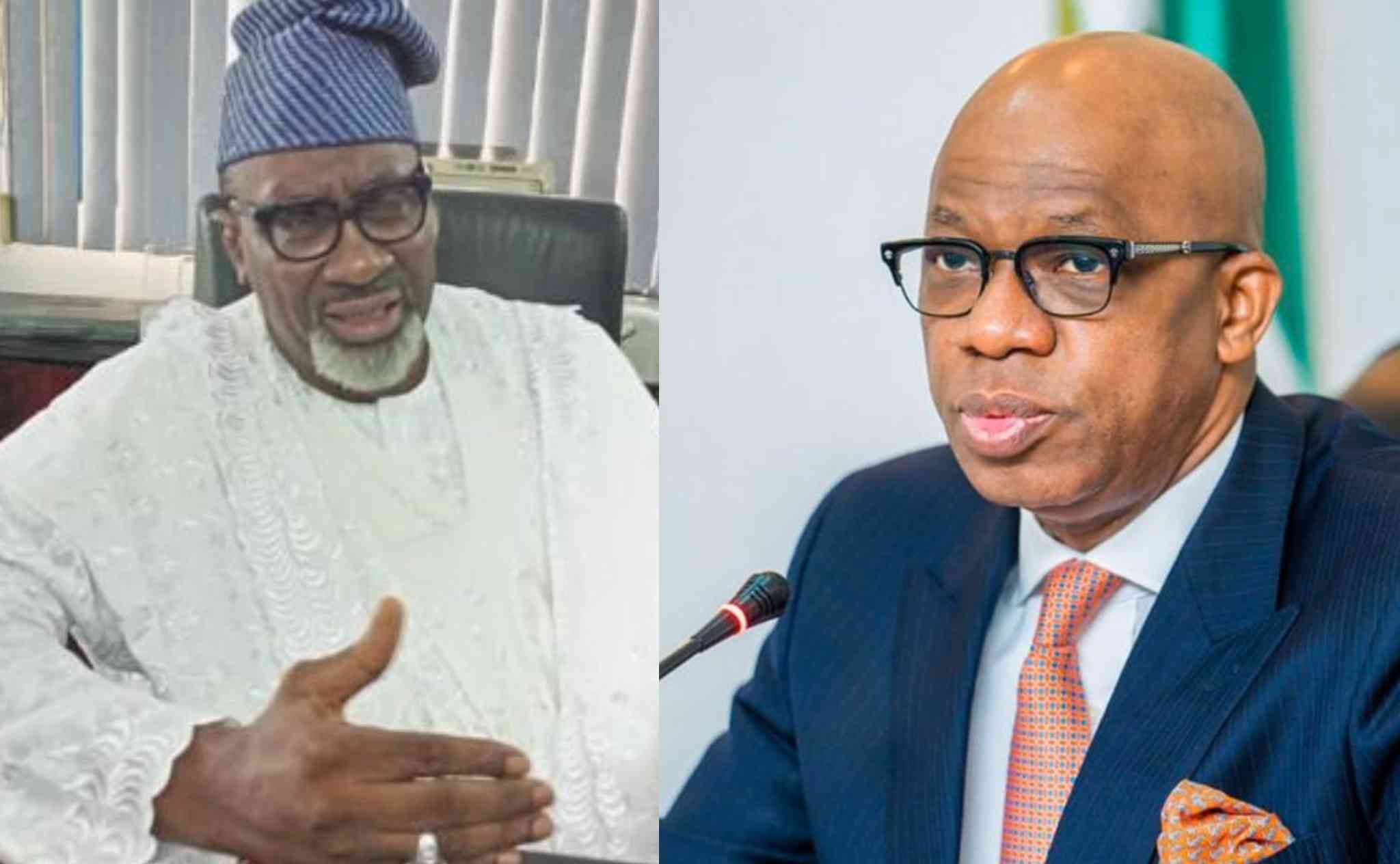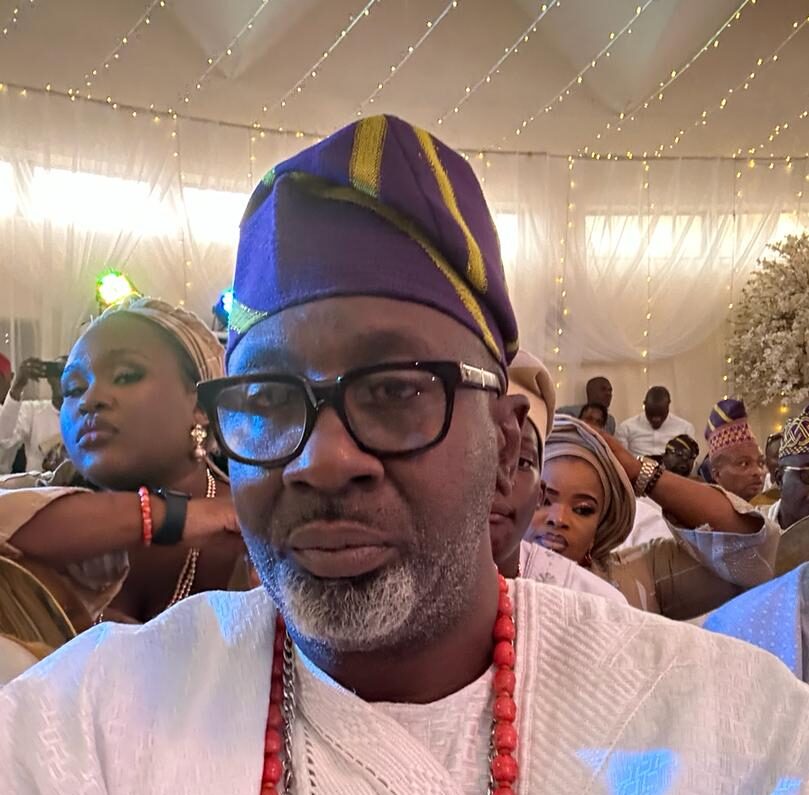In order to ensure accuracy, it is important to clarify that there is no historical evidence indicating that the Ibos have ownership over Lagos.
By – Abayomi Odunowo.
The ethnic analysis of Lagos is a topic that has been widely debated and misconstrued over the years. There seems to be a common myth that the Igbos are the largest ethnic group in Lagos and therefore have some sort of ownership over the city. However, historical data and population census taken from Payne in 1891, tell a different story.
According to the census data, the largest ethnic group in Lagos at that time was the Lagos tribe, also known as the Eko tribe, which accounted for 23.6% of the population. This is a significant percentage, indicating that the indigenous people of Lagos were indeed the majority in the city. Following closely behind were the Popo people from the Ogu-Badagry axis, representing 15.85% of the population. The Oyo and Ijebu tribes made up 11.6% and 11.1% respectively. Other notable ethnic groups included the Egba, Awori, and Ijesha, ranging from 6.05% to 9.26% of the population. The Egabdo tribe had a smaller representation at 3.63%, while tribes such as the Tapa, Hausa, Kroomen (Liberians), Ekiti (Efons), and Horin (other Yorubas) each had less than 2% of the population.
It is crucial to highlight that nowhere in the population census data from 1891 were the Igbos identified as a significant ethnic group in Lagos. In fact, they did not account for as little as 0.01% of the population at that time. This is a stark contrast to the common misconception that the Igbos played a prominent role in the history and development of Lagos, and therefore have some sort of claim over the city.
The historical context of Lagos as a melting pot of different ethnic groups and cultures is essential to understanding the diversity of the city. Lagos has always been a cosmopolitan city, attracting people from various parts of Nigeria and beyond. The interactions between different ethnic groups have enriched the cultural tapestry of Lagos and contributed to its vibrant and dynamic atmosphere.
The indigenous people of Lagos, such as the Lagos tribe and the Popo people, have a unique history and connection to the city that cannot be overlooked. Their contributions to the development and growth of Lagos are significant and deserve to be recognized and celebrated. The Igbos, on the other hand, have a different historical trajectory in Nigeria, with their roots in the eastern part of the country.
It is crucial to dispel the misinformation and misconception that the Igbos have some sort of ownership over Lagos based on their population size or economic influence. The ethnic analysis of Lagos clearly shows that the city is home to a diverse range of ethnic groups, each contributing in their unique way to the fabric of the city.
Furthermore, it is essential to acknowledge the historical injustices and marginalization faced by indigenous groups in Lagos, such as the Lagos tribe and the Popo people. Their voices and stories deserve to be heard and valued, as they are an integral part of the city’s history and identity.
The ethnic analysis of Lagos serves as a reminder of the rich and diverse heritage of the city. It is essential to appreciate and celebrate the different ethnic groups that make up the fabric of Lagos, and to recognize the contributions of each group to the city’s history and development. By understanding and respecting the unique histories and cultures of Lagos, we can foster a more inclusive and harmonious society for all its residents.
Otunba Abdulfalil Abayomi Odunowo
National Chairman AATSG
Mobile: +2349053535322.
Follow us on our WhatsApp Channel





